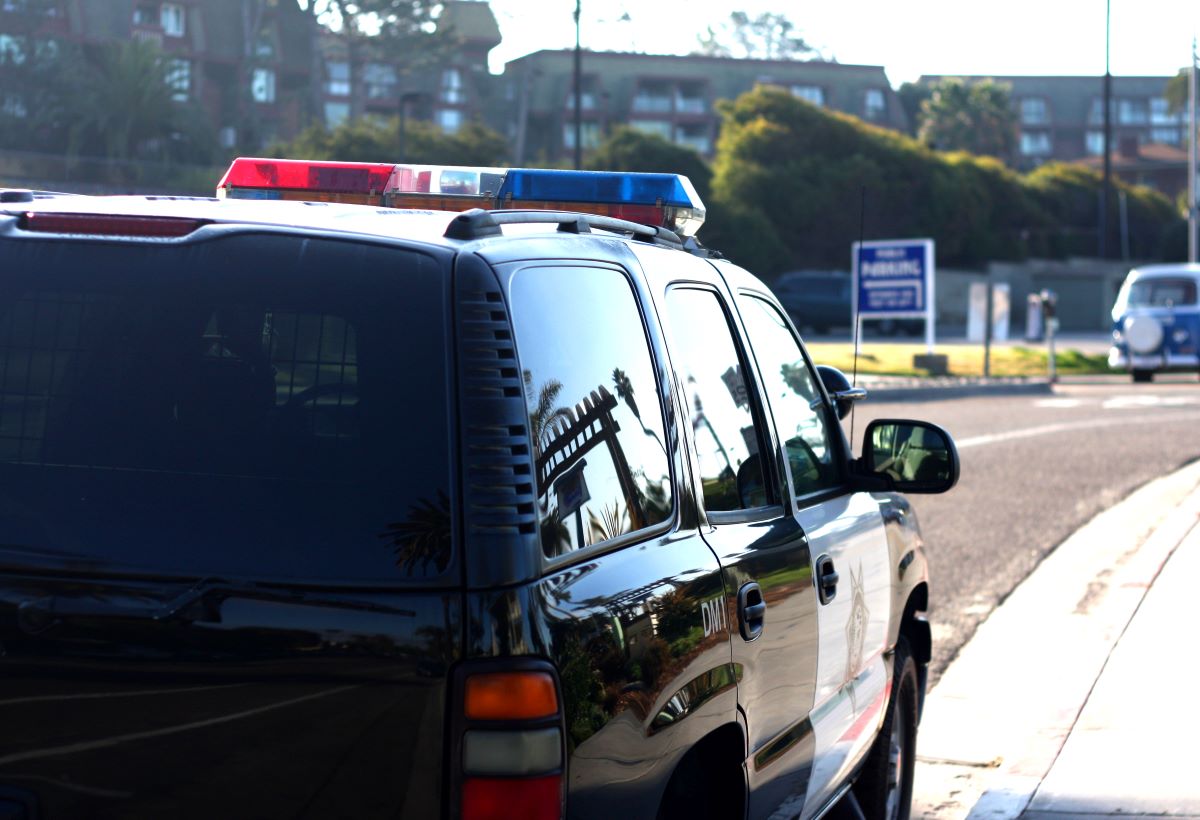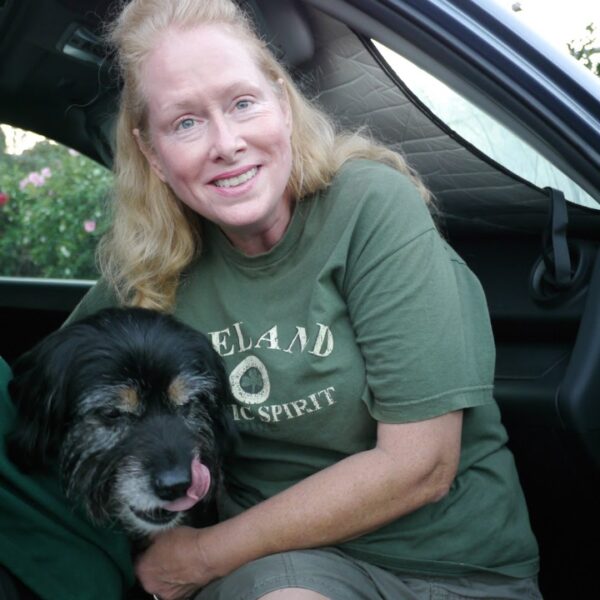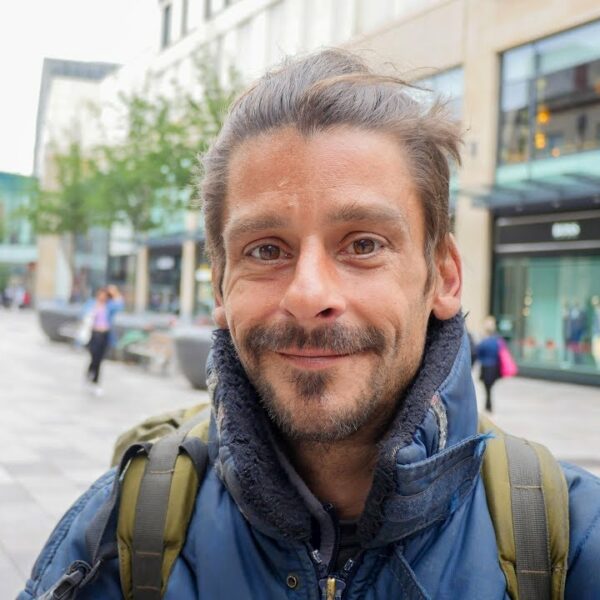From El Cajon to San Diego: A Critical Look at the Criminalization of Homelessness
A nearly 35-minute film about homelessness created by the El Cajon Police Department has the local advocacy community split over whether it accurately portrays the daily struggles of local people experiencing homelessness.
The video was released at a time when homelessness in San Diego County, California, has increased for 21 consecutive months. In December 2023, the Regional Task Force on Homelessness found more than 1,100 people became homeless, and just 298 people received housing.
El Cajon Chief of Police Mike Moulton told CBS8 that the video is meant to show how police officers interact with people experiencing homelessness. Officers in his department have previously been criticized for using force to arrest homeless people and prioritizing arrests instead of connecting unhoused people with services.
“We could clearly see there was a lot of miscommunication, misconceptions, misinformation about what our role was in addressing the homeless issue,” Moulton said.
The video depicts several interactions between police officers and unhoused people in El Cajon. In most instances, the police officers offer to connect homeless people with services or shelter, but the offers are refused.
Invisible People has previously reported that homeless people often lack faith in law enforcement to connect them with services. Social workers have argued that it can be difficult for an unhoused person to trust police officers, given the myriad examples of police abusing homeless people, especially during encampment cleanup operations.
The video also shows multiple interactions between business owners and homeless people and instances where business owners detail some damage to their buildings that local homeless people allegedly caused. However, the video never provides evidence to substantiate business owners’ claims and instead asks viewers to simply believe the testimony.
Criminalizing Homelessness is Counterproductive
To Mitchelle Woodson, the managing attorney for the advocacy group Think Dignity in San Diego, the El Cajon police documentary misconstrues what homelessness is like. It also leans into some myths like homeless people being service resistant that have prevented people from receiving the help they need, she said.
“There’s a lot that’s been going on in San Diego, and particularly the way that they’ve been criminalizing homelessness and poverty is really concerning, but also very counterproductive to actually addressing homelessness,” Woodson told Invisible People.
Woodson said the documentary puts a lot of blame “on the people most impacted by the decisions that our elected officials have made.” For instance, Woodson said San Diego has continued to clear encampments despite not having enough shelter space available for people living outside. She added that local officials seem content to give more money to the police department for such operations.
Last year, San Diego added nearly $34 million to its 2024 police budget, bringing its total funding to more than $628 million. For comparison, the Homeless Strategies and Solutions department received just $44 million in the 2024 adopted budget, an increase of $18.8 million year-over-year.
“We continue to do this despite experts providing recommendations and countless research papers and datasets that show that criminalization doesn’t work and it’s actually counterproductive,” Woodson said.
Punitive Measures Fall Short in Solving Homelessness, Despite Best Intentions
Eric Lovett, who runs the youth homelessness nonprofit Urban Street Angels in San Diego, told Invisible People that the documentary was “eye-opening” regarding how the police department tries to help those in need.
Lovett said it was clear that local police officers try to help unhoused people in a compassionate way. But the people who refuse services or help from the police often make it more difficult for police officers to do their jobs, Lovett added.
He added that laws like the Martin v. Boise decision, which prohibits cities from punishing homeless people with citations or arrests when no shelter is available, have made it harder for cities to clean up the streets.
“We should not be allowing people to stay on the streets,” Lovett said.
Lovett’s pro-criminalization stance on the issue relies on the assumption that police departments have the necessary tools and training to address the underlying causes of homelessness adequately. But this assumption is categorically false because homelessness is caused by a lack of affordable housing and social support systems, not criminality.
A 2022 report from the Urban Institute found that punitive punishments like arresting people for sitting or lying down in public are both “costly and ineffective.”
“Police don’t solve homelessness; they only move it around—to other neighborhoods, jails, and emergency rooms—rather than connecting people with the housing and services they need,” the report states.
Arresting Homeless People: San Diego’s Controversial Approach to Encampments
San Diego police have leaned into criminalization measures in recent years. San Diego city council members passed a bill in August that allows the department to arrest homeless people who refuse services even though local leaders admit there isn’t enough shelter space to house the local homeless population.
Advocates like Hanan Scrapper, regional director for People Assisting the Homeless San Diego, oppose the city’s criminalization measures even though she agrees that encampments “are not an acceptive way for any human being to live.”
“An anti-camping ordinance will not lead to the outcomes we all want to see,” Scrapper said. “Such an ordinance will only further disperse the problem around the city and region and make the jobs of homeless service providers like PATH much more difficult.”
How You Can Help Fight the Criminalization of Homelessness
In the face of a rising tide of anti-homeless legislation, we are engaged in a critical battle against misinformation and the criminalization of homelessness.
Across the nation, anti-homeless laws are advancing through legislative committees, propelled by secret votes, corporate funding, out-of-state lobbyists, and conservative think tanks like the Cicero Institute.
The pandemic proved that we need to rethink housing in the United States. It also showed that many programs designed to address homelessness are rooted in law enforcement rather than social services.
At this pivotal moment, we must make the truth louder than ever. Tell your representatives you support revamping how your city addresses homelessness. Handcuffs do not get anyone closer to stable housing. Instead, we must focus on compassionate solutions, the first step to ending homelessness.













